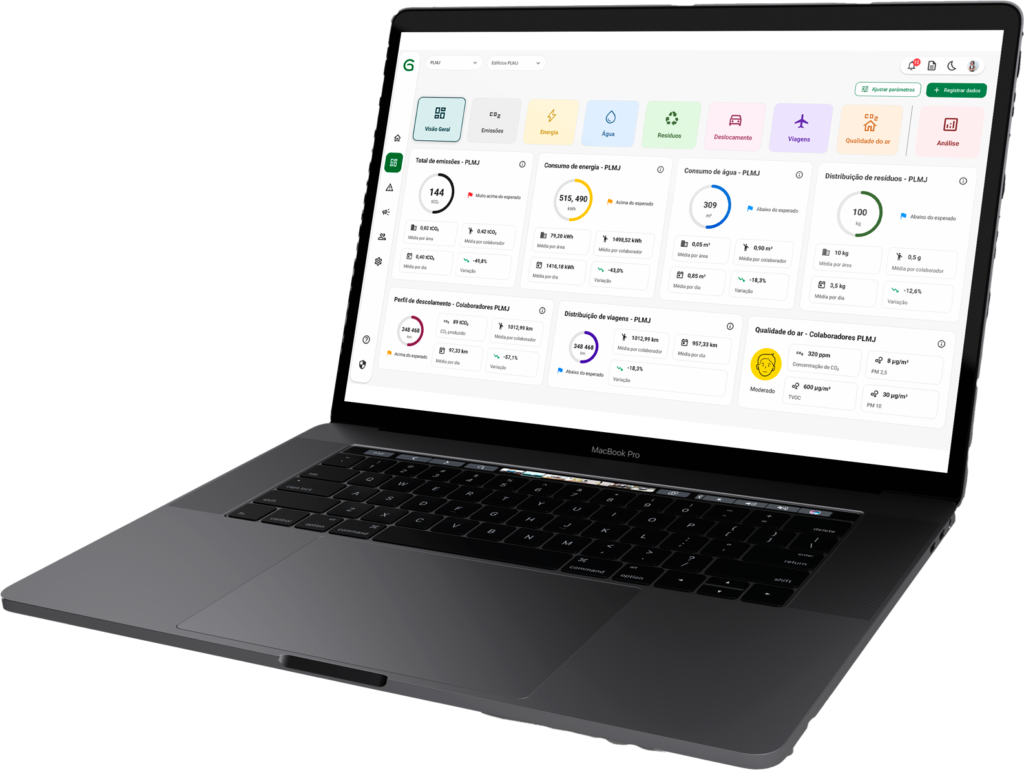Optimizing the use of resources such as water and energy in modern buildings is key to efficiently achieving Net Zero status. With the implementation of automated systems for adjusting lighting and air conditioning, it is possible to adapt the operations of a building to minimize energy consumption. These systems should utilize cutting-edge sensors and AI learning to maintain environmental comfort while contributing to sustainability goals.
Efficient Resource Management
Effective monitoring of water and energy usage is essential for identifying and correcting inefficiencies or leaks. This management helps to reduce waste, directly impacting sustainability. Consequently, a noticeable difference in the operating expenses of the building in question can be observed.
Proactive Approach in Predictive Maintenance
Predictive maintenance is another significant benefit gained from using building monitoring and control systems. By analyzing data collected from sensors and building machinery, it is possible to predict equipment failures before they occur. This approach not only prevents unexpected downtime but also ensures operational efficiency and reduces maintenance and operational costs by extending the lifespan of the equipment.
Impact of Greenole on Cost Reduction and Sustainability
In the context of these technologies, Greenole emerges as a practical example of how software innovation can enhance building management. The platform not only incorporates these technological advances but also offers a “Sustainability Dashboard.” This feature provides detailed analyses of the building’s environmental performance, facilitating informed decisions for more sustainable and economically advantageous practices. Through its integrated approach and precise data, Greenole not only maximizes the efficiency of operational resources but also directly contributes to sustainability, aiming to transform the entire world into Net-Zero carbon emissions.





